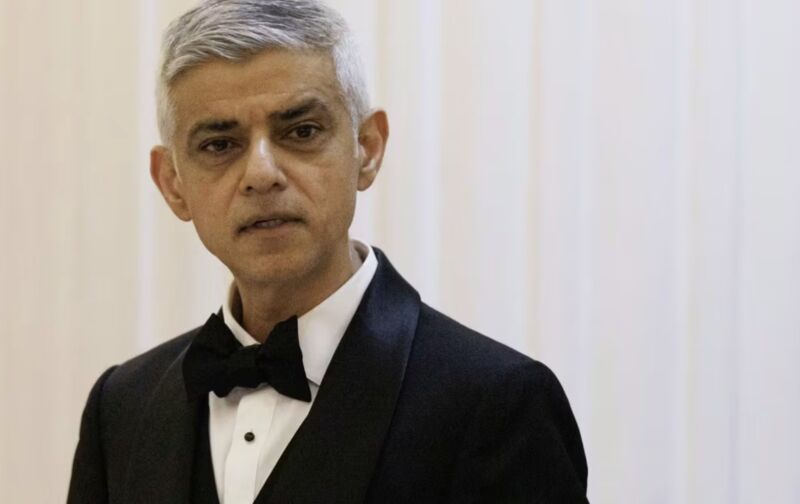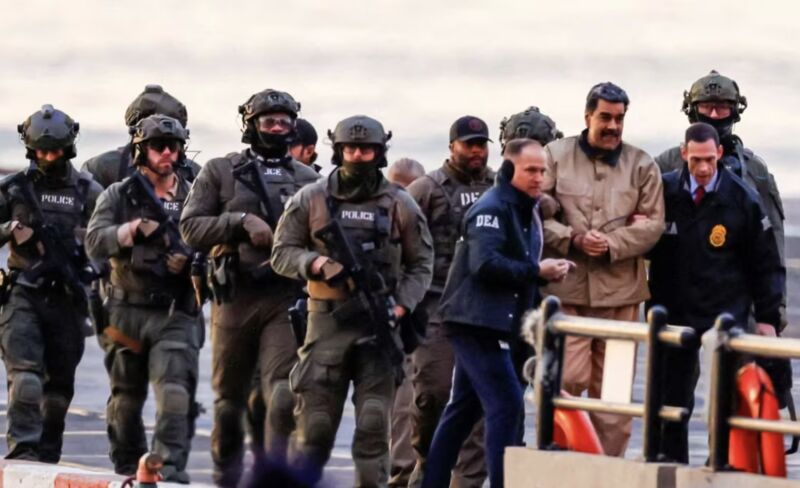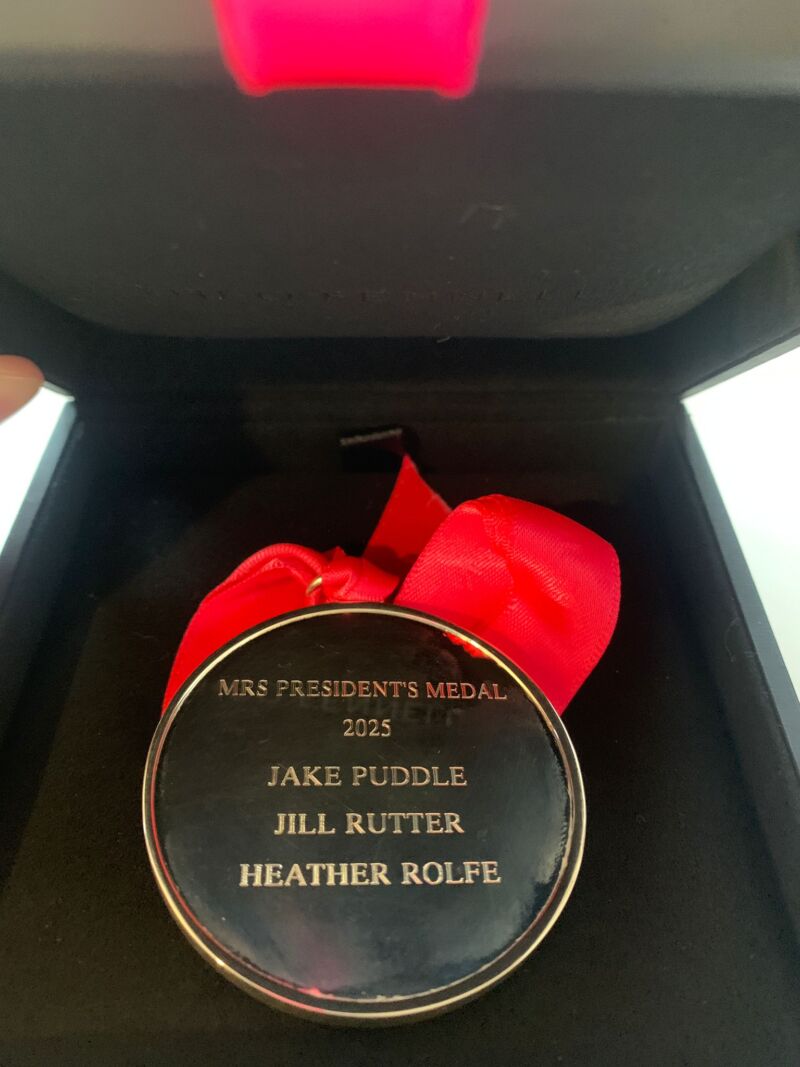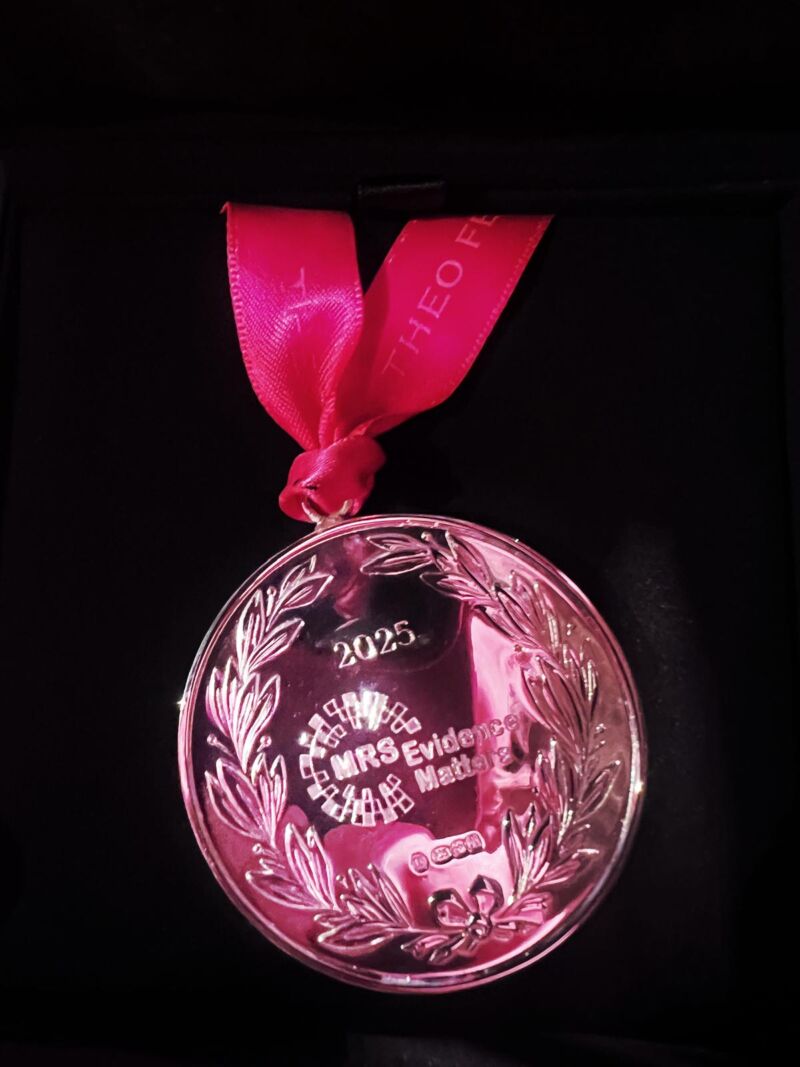Bringing people together through community arts and creativity projects could help build more cohesive communities in the wake of this summer’s riots, according to new research.
A new report from British Future finds a strong and partly untapped public appetite to do more, with 80% of people interested in participating in arts and creative activities – while only 53% did so over the last year.
Getting more people involved in creative activities in their community can help address the urgent need to bridge divides in our society following the racist riots of the summer, the research argues.
Arts and creativity projects promote social mixing between people from different backgrounds, which experts say is crucial to breaking down fears and prejudices. Some 72% of the public agrees that “Arts events can bring people of different backgrounds in Britain together”, while just 6% disagree.
Around half of those who have taken part in a creative arts activity over the last year (47%) said it “helped me to meet people of different backgrounds to myself”. One British Bangladeshi research participant from Birmingham said:
“I do think for people of colour and white people, there are barriers between us and differences… I think in these community [arts] spaces, those barriers do come down and you get to know someone for who they are. I think that human self comes out.”
Arts and creativity are increasingly being used to promote social cohesion. Innovative new projects are helping people to meet and interact with others from different backgrounds; to strengthen local identities and pride in the places where people live; to help new arrivals to integrate in the UK by learning English and meeting their neighbours; and to mobilise communities at scale through bigger projects like Cities of Culture. Another research participant, from Bradford, said:
“I think the biggest part is celebrating what we’ve all got in common. And coming together to get that same nice feeling if you like, whether you’ve been part of it, or you just turned up.”
The report draws on several case studies of community arts projects, including an Oldham arts and street festival project that brought settled residents and new arrivals from the Roma community together; a Glasgow women’s choir that connects refugees and asylum seekers with local residents; and the involvement of Ukrainian refugees and other migrant groups in Liverpool’s Eurovision 2023.
Jake Puddle, Senior Researcher for British Future and lead report author, said:
“The racist riots on our streets this summer showed the urgent need for action on social cohesion. We need to look at what works and invest in it – not muddle through and hope it doesn’t happen again.
“Community arts projects can play an important role in bridging divides in our society. We should do more to encourage social mixing between people from different backgrounds, and our research finds that arts and creativity is a great way to bring people together.
“There is clearly an untapped appetite among the public to be more creative. We should harness that with projects to break down barriers and prejudices in communities. Arts and creativity should be a key strand of a comprehensive national strategy on social cohesion – and we need to see that strategy implemented soon.”
Polly Mackenzie, Chief Social Purpose Officer of University of the Arts London, who funded the research, said:
“Creativity isn’t just a pastime – it’s a force for change. The Creating Connections report highlights how the arts can achieve what politics often struggles to do: break down barriers, foster empathy, and unite people. In a time when societal cohesion is increasingly fragile, the need for creative expression has never been more urgent. Now is the moment to embrace the growing public appetite for the arts and invest in their power to rebuild trust, celebrate our shared humanity and nurture thriving, connected communities.”
The report calls on the government to ensure that the role of the creative arts is part of a new, comprehensive strategy on social connection and community cohesion in response to this summer’s violent racist disorder. It also highlights the important role that cultural programmes linked to major events – like VE Day 80 next year and the UK hosting the Euros football tournament in 2028 – can play in bringing people together across the nation.
Organisers of major arts events like Cities of culture should prioritise social connection as a ‘golden thread’ running through everything they do, from audience outreach to activity planning and legacy. The report also highlights the very positive impact that Cities of Culture have had on volunteering, with thousands of people becoming volunteers and many reporting that this helped them meet new people and build a stronger sense of connection and pride in their city.














